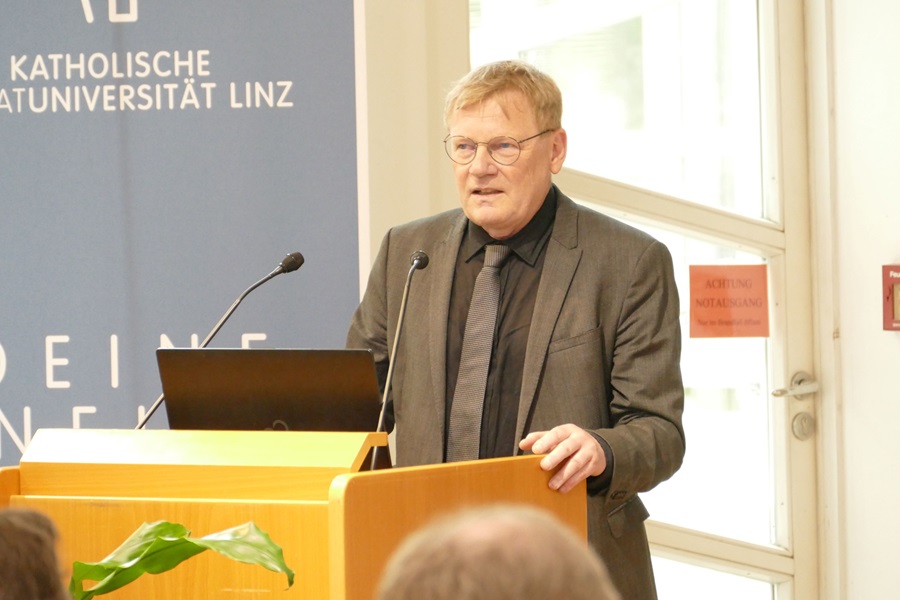Quality Manager (all genders) Full-time (40 h/w)

Your responsibilities
• Assist in revising rules and regulations while ensuring their compliance with the Private University Law (PrivHG, HS-QSG) and policies stipulated by the Agency for Quality Assurance and Accreditation Austria.
• Drafting accreditation proposals for new study programs and reaccreditations and managing related processes.
• Drafting reports for accreditation and certification agencies (e.g., Annual Report to AQ Austria, UNWTO TedQual).
• Drafting quality reports and presenting them the University Board.
• Collaboration with the Deans of the study programs for assuring high teaching quality.
• Drafting, implementing, and analyzing surveys (course evaluations, student satisfaction survey).
• Monitoring faculty’s teaching load and preparation of reports.
• Identifying concrete processes, measures, or indicators through which the quality of MU’s services are regularly evaluated.
• Further developing the comprehensive QM-system that addresses the four pillars of MU (teaching, research, transfer services, administration and SDGs).
• Compile and analyze data relevant for rankings and surveys (e.g., Multirank, Statistik Austria, etc.).
• Participating in working group meetings of the Austrian Private University Conference and the annual meeting of the Agency for Quality Assurance and Accreditation Austria.
• Planning and conducting audits (ISO, etc.)
Weiheamt und Frauenordination. Amtstheologie neu gedacht.

Abschiedsvorlesung von Univ.-Prof. Christoph Niemand.
Im Rahmen seiner Abschiedsvorlesung als Professor für neutestamentliche Bibelwissenschaft an der Katholischen-Privat-Universität Linz unternahm Christoph Niemand am 27. Juni 2024 nuancierte Erkundungen der neutestamentlichen Grundlagen des Leitungsamtes in der katholischen Kirche und entwickelte daraus ein zukunftsweisendes Verständnis von Amtstheologie – mit substanziellen und weitreichenden Implikationen für die Fragen von Zulassungsbedingungen und Frauenordination.
